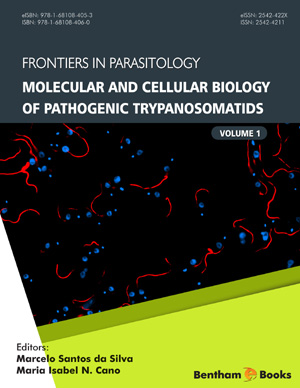Abstract
Chagas disease and leishmaniasis, caused by the kinetoplastid protozoans Trypanosoma cruzi and Leishmania spp., respectively, affect millions of people worldwide, most of them belonging to neglected populations. Diagnostic tests for Chagas disease are employed during epidemiological surveys of vectorial and oral transmission, blood bank screening, analysis of pregnant women and their newborns, and in individual cases. However, the currently available assays need improvement. The different phases of the disease, the transmission mode and the high genetic variability of the parasite increase the difficulties of making diagnostic kits with different markers suitable for the diverse scenarios of T. cruzi infection. Different Leishmania species cause diverse clinical features and sequelae and require different clinical management. In contrast to Chagas disease diagnosis, molecular diagnosis for leishmaniasis requires not only confirmation of the infection but also the genotyping of complexes, species or subspecies. Precise diagnosis and rapid species identification can facilitate decision-making respect to treatment and follow-up of parasite spread. The aim of this chapter is to summarize the most commonly used molecular tools described to date to detect T. cruzi infection and to detect and genotype Leishmania spp.
Keywords: Benznidazole, Chagas disease, HIV co-infection, Internal transcribed spacer, Isoenzymes, Leishmaniasis, Loop-mediated amplification, Molecular diagnosis, Recombinant antigens, Serodiagnosis.






















